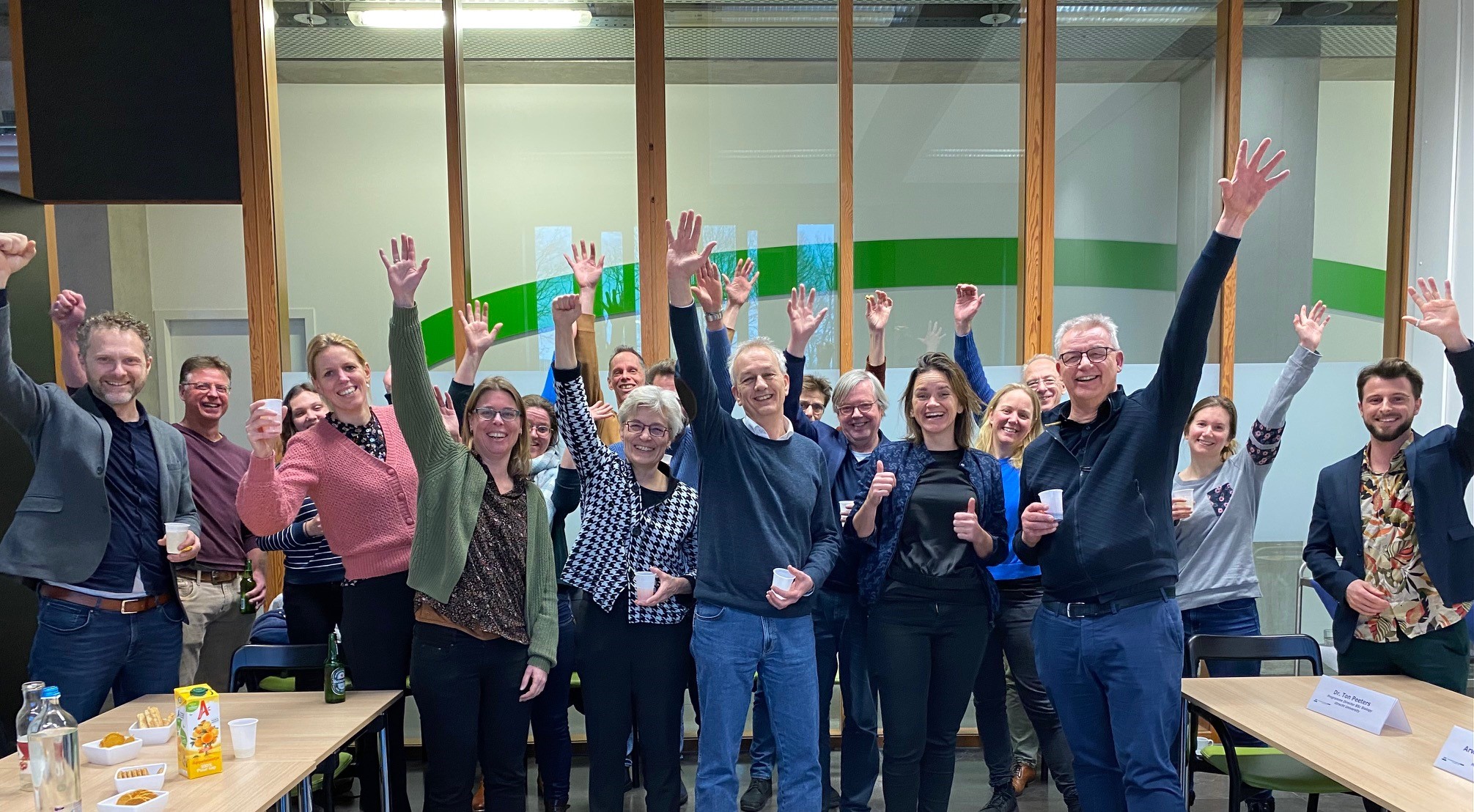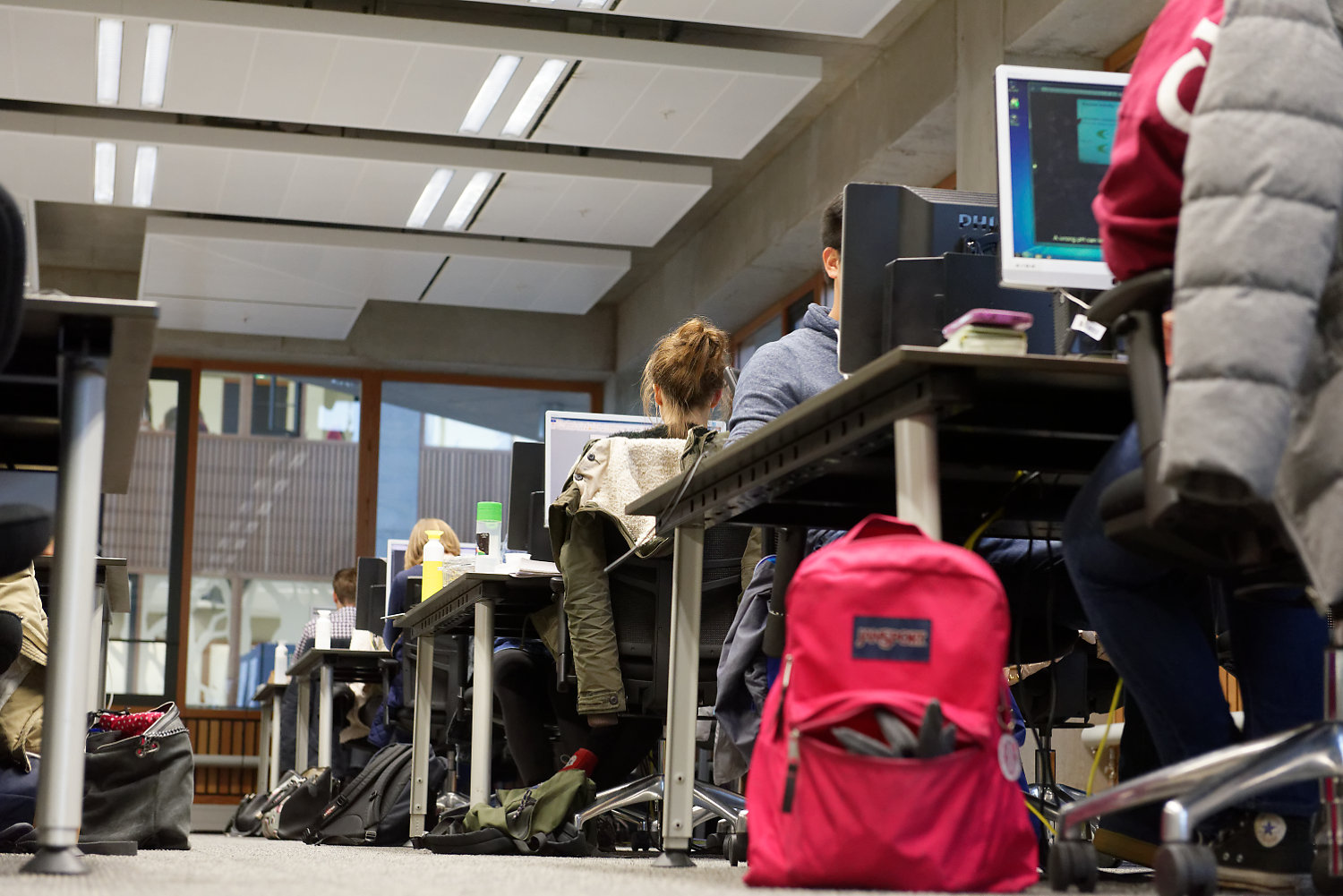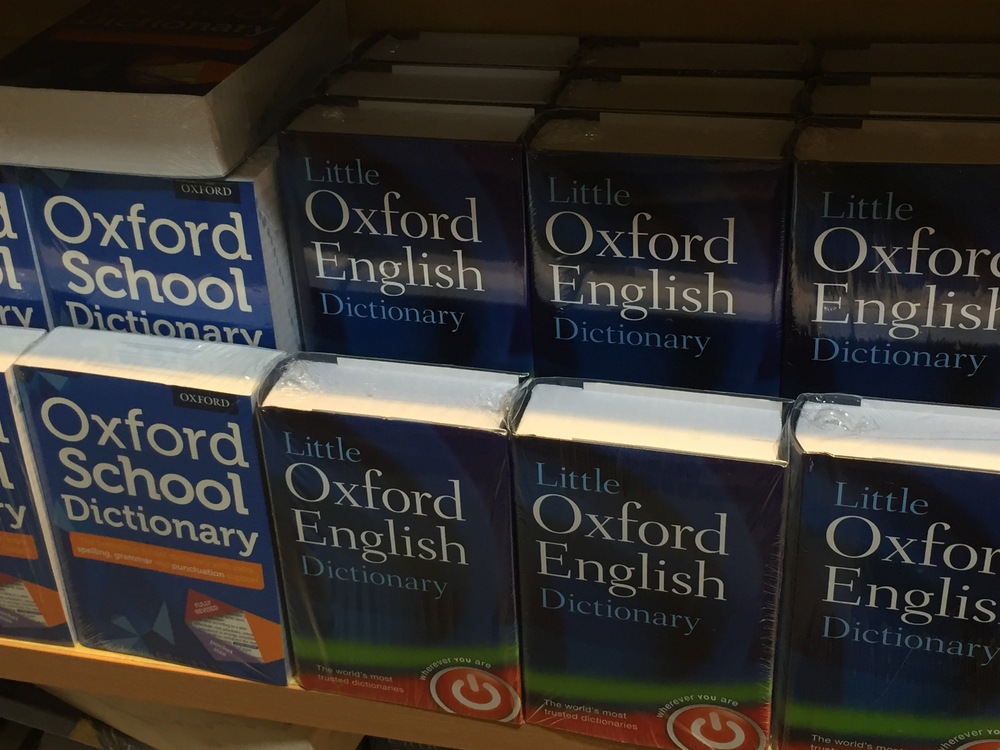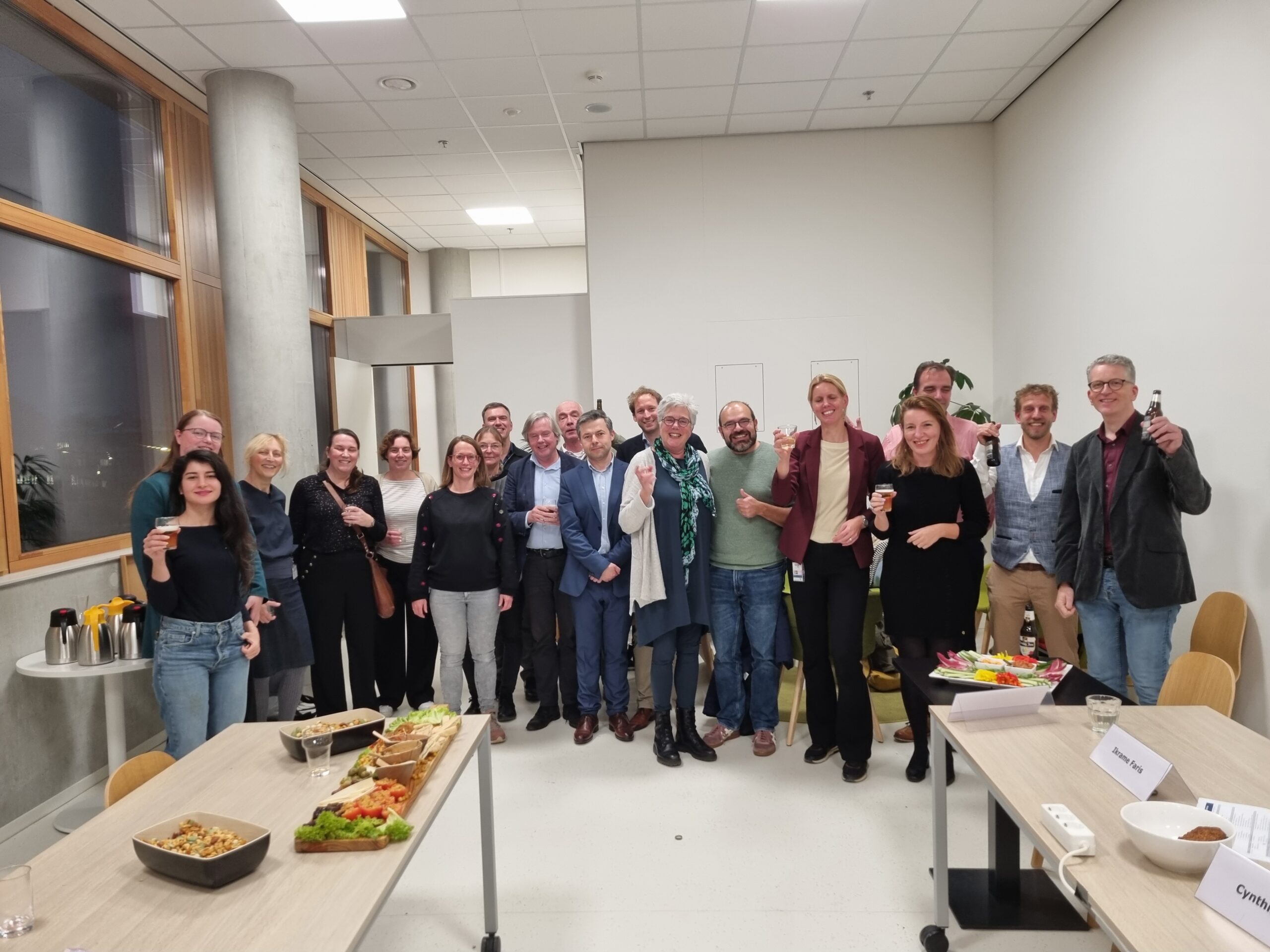Marine Sciences is the first bachelor in the Netherlands dedicated to the marine domain in the broadest sense. The Accreditation Organisation of the Netherlands and Flanders (NVAO) approved the programme in January. Karen Fortuin, Marine Sciences programme director: ‘As soon as the enrolment procedure opened in March, there was a run on registration.’
Although there were abundant requests for enrolment, Fortuin enters the caveat: ‘Not all who request registration start the programme in September. Dutch students must first graduate from their secondary school. Moreover, there are students who enrol in more than one programme.’ Based on data from other programmes, Fortuin expects that some ninety students will embark on the programme in September. Some 75 per cent are Dutch students, 20 per cent are from Europe, and 5 per cent are from outside of Europe.
Ninety students. Quite a few more than the fifty the programme initiators hoped for at the start of this year. ‘That came as a bit of a shock for the teachers,’ Fortuin says, ‘because this impacts the fieldwork and other intensive work methods that are best applied with small groups. Since the methods are fixed, some puzzling is still needed. However, the teachers are getting used to the idea and have a hands-on mentality. The enthusiasm for the programme shows that launching it was an exceptionally good idea.’
New courses
The groups that are involved in the programme are very busy. Fortuin: ‘Groups such as Aquaculture and Fisheries, Environmental Policy, Marine Animal Ecology, Aquatic Ecology and Water Quality and Water Systems and Global Change really have their work cut out for them. A total of thirteen new courses are being developed for Marine Sciences. The majority are currently first-year courses. I am trying to encourage the groups to also consider the second-year courses.’
One of the new courses is Boundary Crossing & Personal Leadership. ‘This is a so-called ribbon course’, says Fortuin. That means that the course, which is introduced in period 2, pops up at different moments and in different courses throughout the programme. ‘Marine Sciences is a broad programme in the marine domain. Students learn to integrate knowledge from various disciplines and how to cross boundaries of domains and cultures to achieve better solutions through collaboration with people from different domains or cultures.’ The course is designed to encourage students to consider what direction they would like to take within the broad domain. ‘Where am I at, where do I want to be, and how do I get there?’ The student at the helm.

 [foto]
Celebrations after the NVAO review at the end of January. Photo Marine Sciences
[foto]
Celebrations after the NVAO review at the end of January. Photo Marine Sciences


